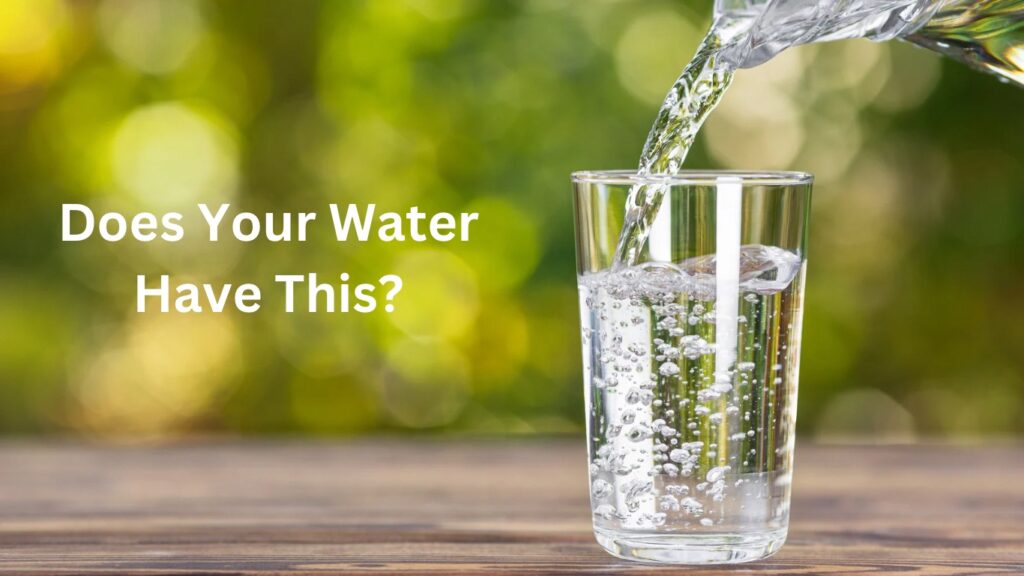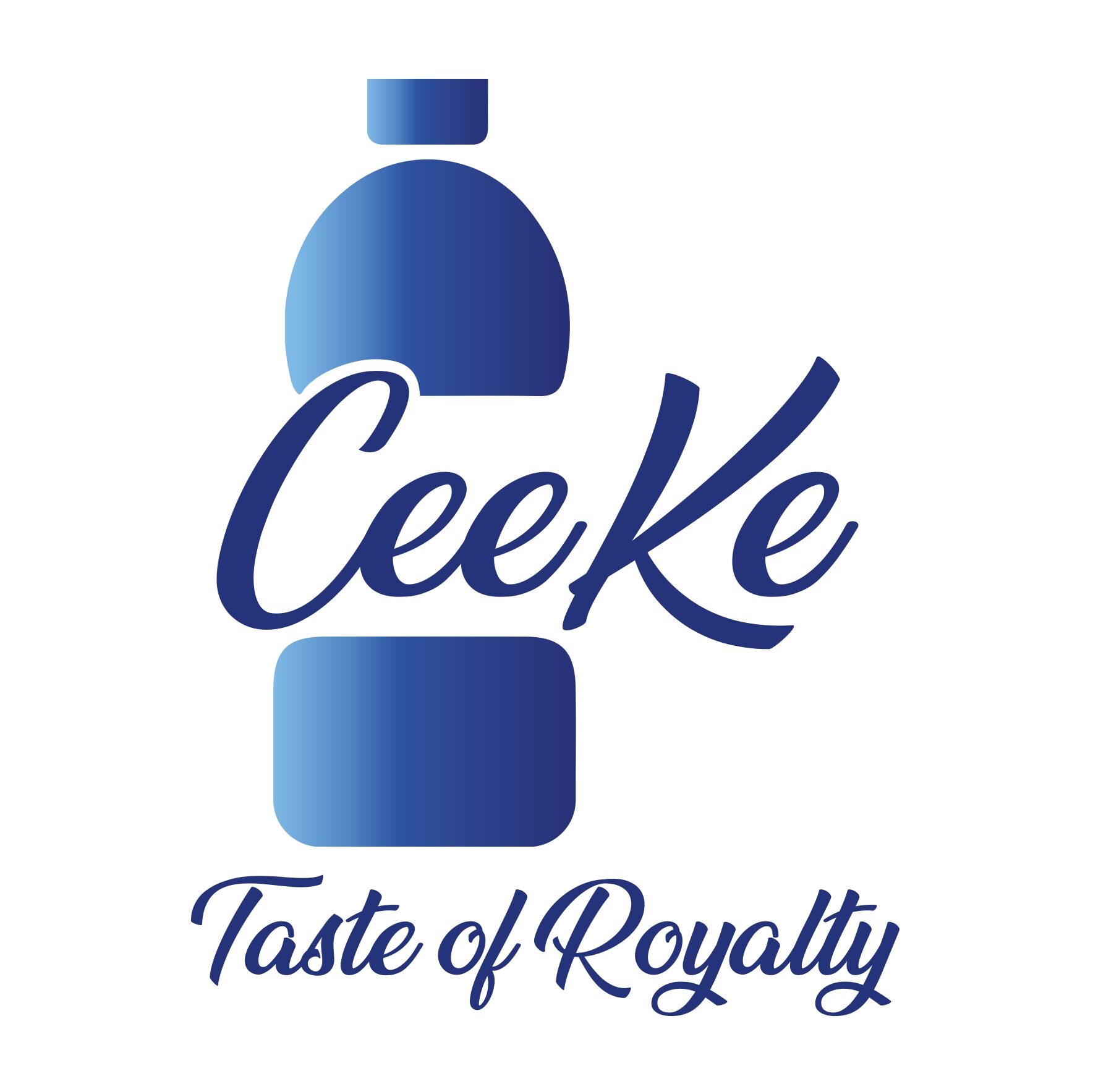In today’s fast-paced world, we have instant access to information, making it easier than ever to find what we need. A quick search for “the best mineral water brands in India” yields countless results. However, many of these lists fail to differentiate between types of bottled water, which can lead to confusion and unhealthy choices.

Bottled Water vs. Mineral Water: Know the Difference
It’s crucial to understand that not all bottled water is created equal. Bottled water refers to any drinking water packaged in glass or PET bottles, which may come from various sources, including municipal supplies. Most bottled water is purified using Reverse Osmosis (RO), a process that eliminates bacteria and contaminants but also strips away essential minerals. For every liter of water purified, three liters can be wasted in the process, resulting in demineralized water that lacks the benefits of natural minerals.
Conversely, mineral water is specifically defined as water that contains naturally occurring minerals. This can be from sources such as springs or aquifers that have not undergone purification processes that remove these essential elements. Natural mineral water is bottled as drawn, ensuring that its mineral composition remains intact, providing health benefits that RO purified water cannot offer.
Understanding the Standards: IS Mark and Numbers
In India, every bottled water brand is required to display an IS mark. If the water is labeled with IS 14543, it indicates that the water is purified with RO and has minimal or no minerals. On the other hand, IS 13428 signifies that the water is certified natural mineral water. There are over 6000 licenses for RO purified bottled water in India, but only a mere 28 for natural mineral water, highlighting the scarcity and value of genuine mineral water.
Why Are Minerals Essential in Drinking Water?
Minerals like calcium and magnesium are vital for human health. The World Health Organization (WHO) has emphasized the importance of these nutrients in drinking water. In 2003, they convened experts to study the effects of minerals on human health, culminating in the 2005 publication “Nutrients in Drinking Water.” The report highlighted the health risks associated with consuming demineralized water long-term, such as RO purified water, which can lead to mineral deficiencies.
In 2019, the National Green Tribunal in India prohibited RO purification for water with a Total Dissolved Solids (TDS) level below 500 mg/liter, citing health and environmental concerns. The Supreme Court of India endorsed this ruling, reinforcing the need for minerals in drinking water. As a result, the Food Safety and Standards Authority of India now mandates that bottled water, even if RO purified, must re-add specific amounts of minerals to ensure consumer health.
Choosing Healthy and Sustainable Mineral Water
1. Check for the IS Mark: Always look for the IS mark on bottled water. If it’s IS 13428, it’s a natural mineral water, like Ceeke, which is ethically sourced and bottled directly from the source.
2. Source Information: Genuine mineral water will often indicate its source on the packaging. This transparency allows you to verify the quality and origin of the water.
3. Minerality: The TDS (Total Dissolved Solids) level indicates the mineral content in water. A TDS level of 300 mg/liter is considered excellent by the WHO. Do not shy away from mineral-rich water; your body requires these essential nutrients for proper hydration and health.
4. Taste Test: The flavor of water can be subjective. Always taste the water to determine if the minerality appeals to you. Your personal experience plays a significant role in your water preferences.
5. Sustainability Matters: Look for brands like Ceeke that practice sustainability in sourcing and packaging. Mineral water from sources that use minimal water rejection and employ efficient waste management practices contributes to a healthier planet.
Conclusion
In conclusion, not all bottled waters are created equal. Understanding the difference between bottled and mineral water and the importance of minerals in your hydration choices can significantly impact your health. By making informed decisions and choosing ethically sourced mineral water, you can contribute to both your well-being and the environment.
- Why Should You Switch to Mineral Water for Daily Use? The Benefits No One Talks About
 Many people believe mineral water is only for travel, offices, or events. But the truth is that mineral water should be part of daily life because it provides a level of purity, consistency, and health benefits that normal tap or filtered water often cannot match. With increasing water quality issues
Many people believe mineral water is only for travel, offices, or events. But the truth is that mineral water should be part of daily life because it provides a level of purity, consistency, and health benefits that normal tap or filtered water often cannot match. With increasing water quality issues - Is Your Drinking Water Really Safe? What Most People Don’t Know About Choosing the Right Mineral Water in India
 Clean drinking water is the most essential part of a healthy life, yet it is also the most ignored. In India, millions of families still consume water without checking its purity, mineral content, or safety standards. With increasing pollution, water contamination, and lifestyle-related health issues, choosing the right mineral water
Clean drinking water is the most essential part of a healthy life, yet it is also the most ignored. In India, millions of families still consume water without checking its purity, mineral content, or safety standards. With increasing pollution, water contamination, and lifestyle-related health issues, choosing the right mineral water - Why Alkaline Water is Gaining Popularity: Benefits and Myths
 Alkaline water has become a trending topic in health and wellness circles. Advocates claim it offers numerous health benefits, from improved hydration to better digestion. But what exactly is alkaline water, and how does it differ from regular water? In this blog, we’ll dive into the science behind alkaline water,
Alkaline water has become a trending topic in health and wellness circles. Advocates claim it offers numerous health benefits, from improved hydration to better digestion. But what exactly is alkaline water, and how does it differ from regular water? In this blog, we’ll dive into the science behind alkaline water, - Why Clean Drinking Water Is Essential for Your Health
 Water is essential to life. It is the foundation for almost every biological process in our body, from digesting food to regulating body temperature. As we all know, staying hydrated is crucial, but did you know that the quality of water we drink plays an equally important role in our
Water is essential to life. It is the foundation for almost every biological process in our body, from digesting food to regulating body temperature. As we all know, staying hydrated is crucial, but did you know that the quality of water we drink plays an equally important role in our - 6 Mineral Water Benefits to Consider
 As consumers become more health-conscious, the demand for mineral water is on the rise. Unlike regular bottled water, mineral water offers a range of health benefits due to its natural mineral content. Here are six reasons why incorporating mineral water into your daily routine can be beneficial for your health.
As consumers become more health-conscious, the demand for mineral water is on the rise. Unlike regular bottled water, mineral water offers a range of health benefits due to its natural mineral content. Here are six reasons why incorporating mineral water into your daily routine can be beneficial for your health.
